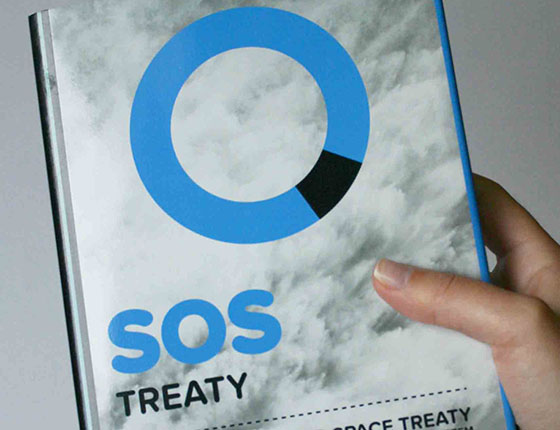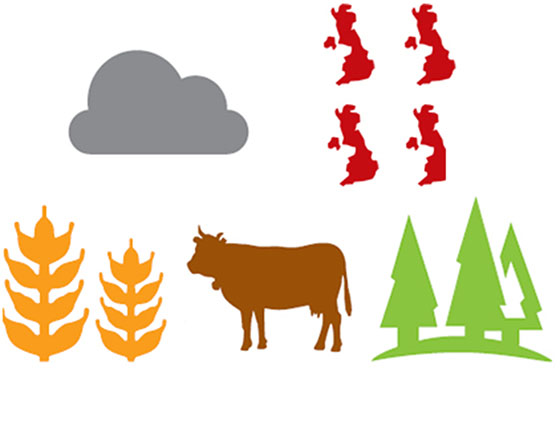 Creating an economy that operates in harmony with nature is the centerpiece of China President Xi Jinpig’s vision of transforming the country into an ecological civilization.
Creating an economy that operates in harmony with nature is the centerpiece of China President Xi Jinpig’s vision of transforming the country into an ecological civilization.
Can China become such a civilization?
To find out, we engaged with the Province of Guizhou. We are launching the results of our close collaboration with the province on Wednesday, July 6, at the EcoForum Global conference with a report titled “The Guizhou Footprint Report: Metrics for an Ecological Civilization.”
Without a doubt, China is facing steep challenges: growing resource demand far beyond its own ecological resources and services; heavy dependence on fossil fuels; and growing expectations among citizens, with many people, particularly in rural areas, still needing to be lifted out of harsh economic conditions.
The Guizhou Footprint Report was created with financial support from the Swiss government. With mountainous ecosystems, rich biodiversity, and diverse people, Guizhou Province is a unique region of China that shares geographic similarities with Switzerland. So the report also includes a comparison of the two countries, China and Switzerland.
Here are some findings that highlight the challenges that Guizhou is facing:
- In 2012, With a per capita annual income of 18,700 yuan (2,852 US dollars) and Ecological Footprint of 1.72 global hectares (gha) per capita, Guizhou has the fifth lowest per capita income among China’s provinces and the sixth lowest per capita Ecological Footprint. The Ecological Footprint averages 3.4 global hectares per person in China and 5.8 global hectares per person in Switzerland. The latest findings in this report, indicate the Ecological Footprint has grown to 1.98 gha per capita.
- In Guizhou, 51% of the Footprint comes from private and government sector investment in lasting assets while the remaining 49% of the Footprint comes from household consumption, which includes food, housing, mobility, and goods and services. In China, 47% of the Footprint comes from private and government sector investment while the remaining 53% comes from household consumption. By contrast, in Switzerland, 29% of the Footprint comes from private investment and 71% comes from household consumption.
- Guizhou’s score on the U.N. Human Development Index (HDI), which measures human well-being, was calculated to be 0.62, which is below the goal of 0.7 for high development and below the average in China, at 0.73.
Our work in Guizhou builds on the China Ecological Footprint Reports published by WWF China in collaboration with Global Footprint Network. Together, Global Footprint Network and WWF China are approaching other provinces in China about incorporating the Ecological Footprint into their work. Our next meeting is with the province of Sichuan.
Global Footprint Network also has a close relationship with the China Academy of Sciences (IGSNRR). There already have been dozens (if not more) Ecological Footprint papers published in international scientific journals by Chinese academics. Global Footprint Network is seeking to accelerate the Chinese academic leadership in applying and furthering Ecological Footprint accounting.
For more information about our work in China, visit www.zujiwangluo.org or www.chinafootprint.org. Download the Guizhou Footprint Report in English here or in Chinese here. A two-page summary of the report is also available in Chinese here.









